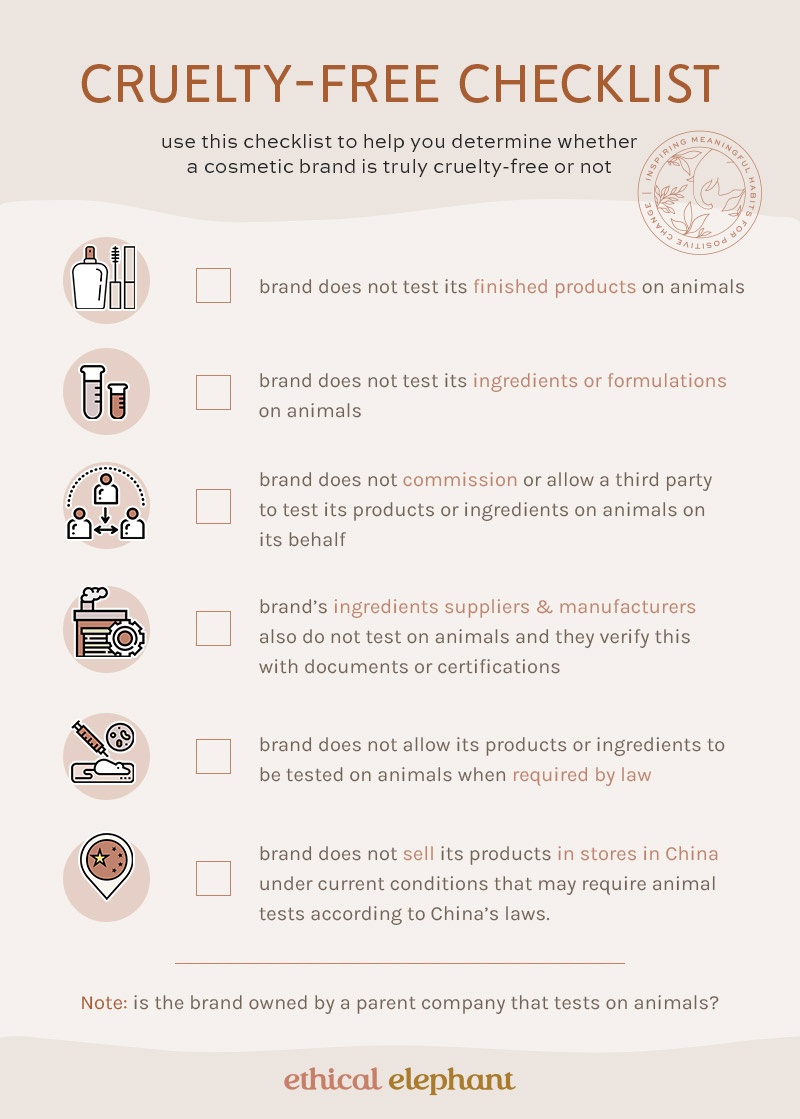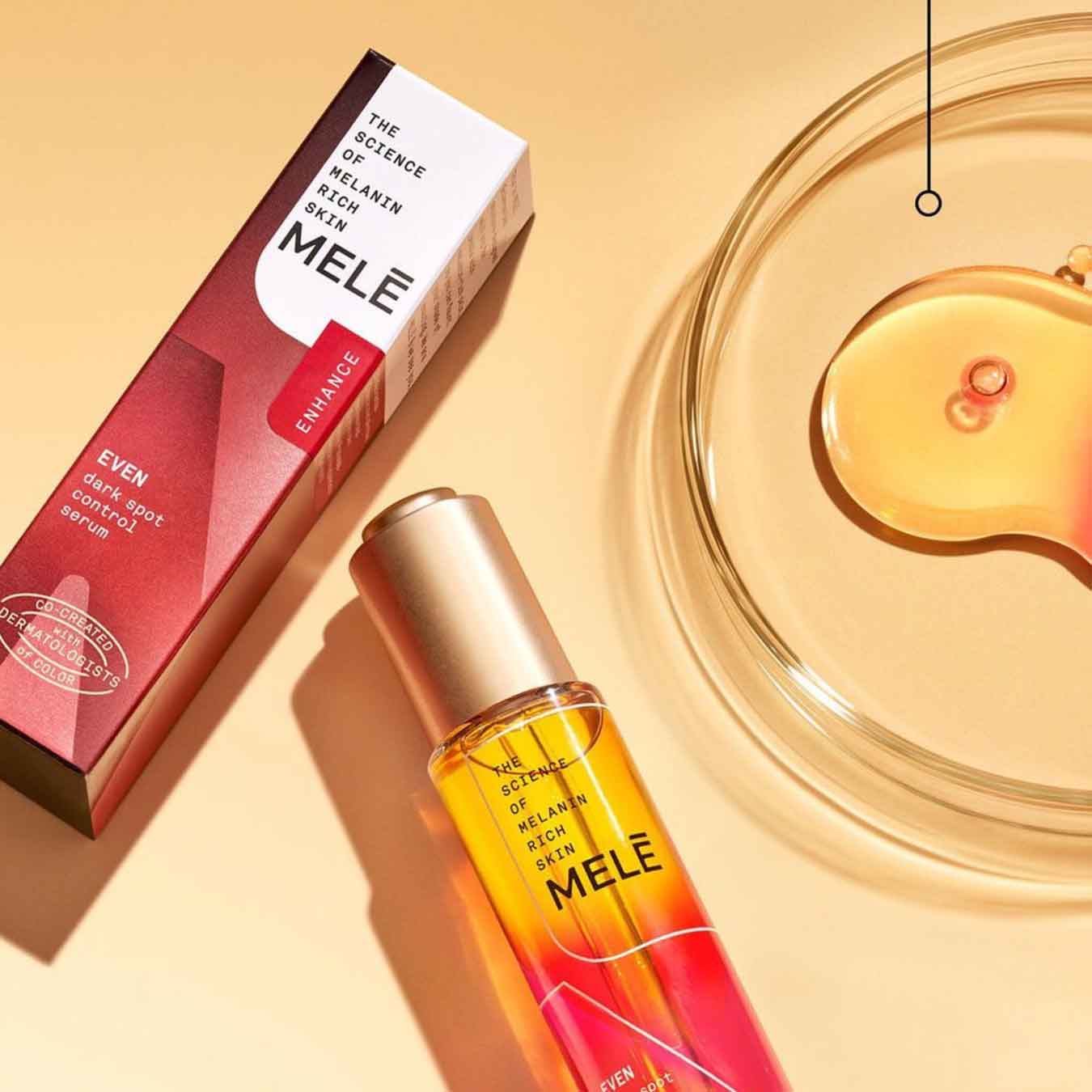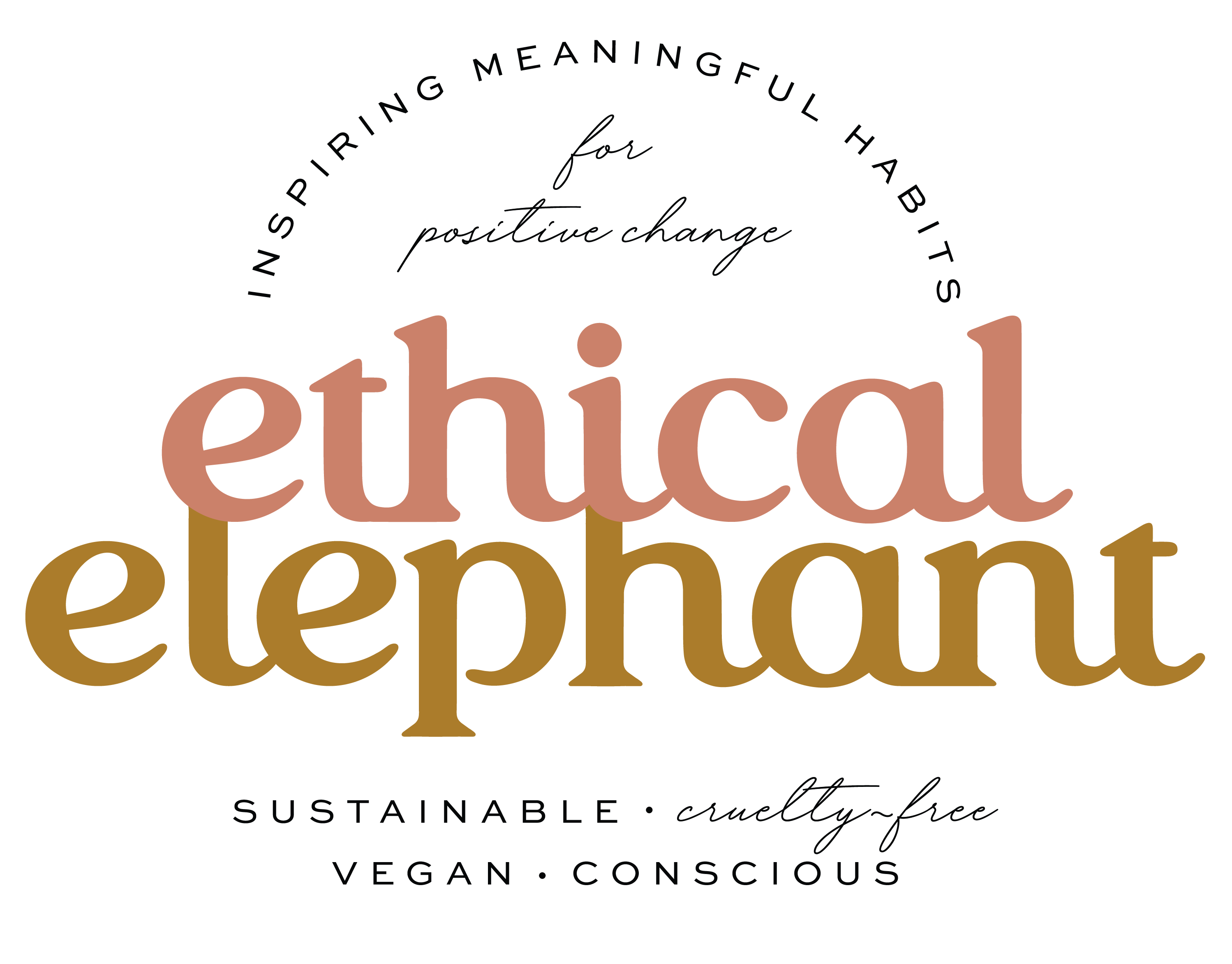This post may contain affiliate links that at no additional cost to you, I may earn a small commission.
Is MELĒ Cruelty-Free?
☠️ MELĒ is NOT cruelty-free in 2023. MELĒ allows its products to be tested on animals when required by law.
MELĒ’s Animal Testing Policy
When asking, does MELĒ test on animals? We must look beyond to ensure none of MELĒ’s ingredients or suppliers test on animals. And they don’t sell in any country or under conditions that may require animal testing by law.
To assess whether brands are cruelty-free, I always start with the company’s official animal testing policy on its website.
The only thing I could find on MELĒ’s official website was a statement that appeared to be from Unilever and one of its brands, Simple Skincare’s animal testing policy. And it reads,
“Simple products are not subject to animal testing, even in China because they’re sold directly to consumers from outside the country, but we don’t make any claims of no animal testing. Simple is aligned with Unilever’s corporate position on animal testing: we do not test our products on animals and are committed to ending animal testing. Our leading-edge research has one clear purpose: to continue to develop new non-animal approaches that can guarantee that our products are safe, without any need for animal testing. Occasionally, when there are no suitable non-animal approaches available, some of the ingredients we use have to be tested; and some governments test our products on animals as part of their regulatory requirements. We are actively working with these governments, other scientists and NGOs, to put in place alternative methods. If you want to know more, please see https://www.unilever.com/sustainable-living/what-matters-to-you/developing-alternative-approaches-to-animal-testing.html”
See below for a screenshot of what’s currently stated on MELĒ’s website:

This may have been an oversight by Unilever and MELĒ to publish one of their other brand’s animal testing statements on its website.
So I reached out to MELĒ to ask for more information about their animal testing policy. More specifically, I wanted to know if they commission or allow others to test, not just their finished products but their ingredients on animals, including when selling in countries that require animal testing (like mainland China).
And MELĒ responded to me with Unilever’s animal testing policy:
“We do not test our products on animals and are committed to ending animal testing. Unilever has complied with the EU animal testing bans for cosmetics since 2004 and supports calls for similar bans to be introduced globally. To learn more about our position and our work on non-animal approaches, please see our website: www.unilever.com/sustainable-living/what-matters-to-you/developing-alternative-approaches-to-animal-testing.html.”
Based on MELĒ’s response, MELĒ has the same animal testing policy as Unilever. And what’s not stated in their response is Unilever’s full animal testing statement which also includes:
“Occasionally, across Unilever’s broader portfolio of brands, ingredients that we use still have to be tested by suppliers by law, to comply with regulatory requirements in some markets; and some government authorities test certain products on animals as part of their regulations.”
Unilever allows some of its products and ingredients to be tested on animals to comply with regulatory requirements. And since MELĒ follows the same animal testing policy as its parent company, Unilever, we wouldn’t consider MELĒ to be a cruelty-free brand.
Truly cruelty-free brands will never allow their products or ingredients to be tested on animals. Cruelty-free companies have a policy where if the law requires them to test on animals then they will refuse to sell their products under those conditions.
For example, some imported cosmetics sold in stores in mainland China are required by Chinese laws to be tested on animals upon registration. Therefore, truly cruelty-free brands have chosen not to sell in China in order to remain committed to their no animal testing policy.
Unfortunately, Unilever and MELĒ state they do allow their products and ingredients to be tested on animals if the law requires it. For those reasons, MELĒ is NOT cruelty-free.
☕️ Every week, I continue to reach out to new brands while trying my best to keep current brands updated. If you found any of my posts or guides helpful, consider Buying Me A Coffee! I would greatly appreciate it! ❤️
Cruelty-Free Policies
At ethical elephant, we always assess a company’s cruelty-free policy using our Cruelty-Free Checklist. This ensures no animal testing was performed by the brand itself, its suppliers, or by any third parties, including when required by law.
See below for our complete cruelty-free checklist. Since MELĒ follows the same animal testing policy as its parent company, Unilever, and both state they allow their products and ingredients to be tested on animals when required by law, we cannot classify the brand as being cruelty-free.

Is MELĒ Certified Cruelty-Free?
MELĒ is not certified cruelty-free by any third-party cruelty-free certifications like Leaping Bunny or PETA.
Since MELĒ is not certified cruelty-free by a third party, no one is substantiating or auditing MELĒ’s cruelty-free commitments and claims.
Is MELĒ Owned By A Non-Cruelty-Free Parent Company?
Yes. MELĒ is owned by Unilever, a parent corporation that still engages in animal testing in 2023.
Some cruelty-free consumers may choose to purchase and support cruelty-free brands owned by animal-tested parent corporations as they hope it will convince the parent company to become cruelty-free.
But in this case, MELĒ is NOT cruelty-free, and neither is its parent corporation, Unilever.
Does MELĒ Test on Animals?
To wrap up, MELĒ allows its products to be tested on animals when required by law. Therefore, we would NOT consider MELĒ to be a cruelty-free brand.
Currently, MELĒ is on our List of Brands to Avoid – Animal Tested.
Is MELĒ Vegan?
❌ MELĒ is NOT vegan. MELĒ does not claim or market itself to offer any vegan-friendly options. And since MELĒ engages in animal testing in some capacity, we wouldn’t consider any MELĒ products vegan anyways.
In order for products to be considered vegan by ethical elephant’s standards, the products and their ingredients must not be tested on animals anywhere in the world. Also, they must not contain any animal-derived ingredients or by-products.
Cruelty-Free Alternatives to Company
Looking to switch to cruelty-free products? Here are some cruelty-free brands to check out:







